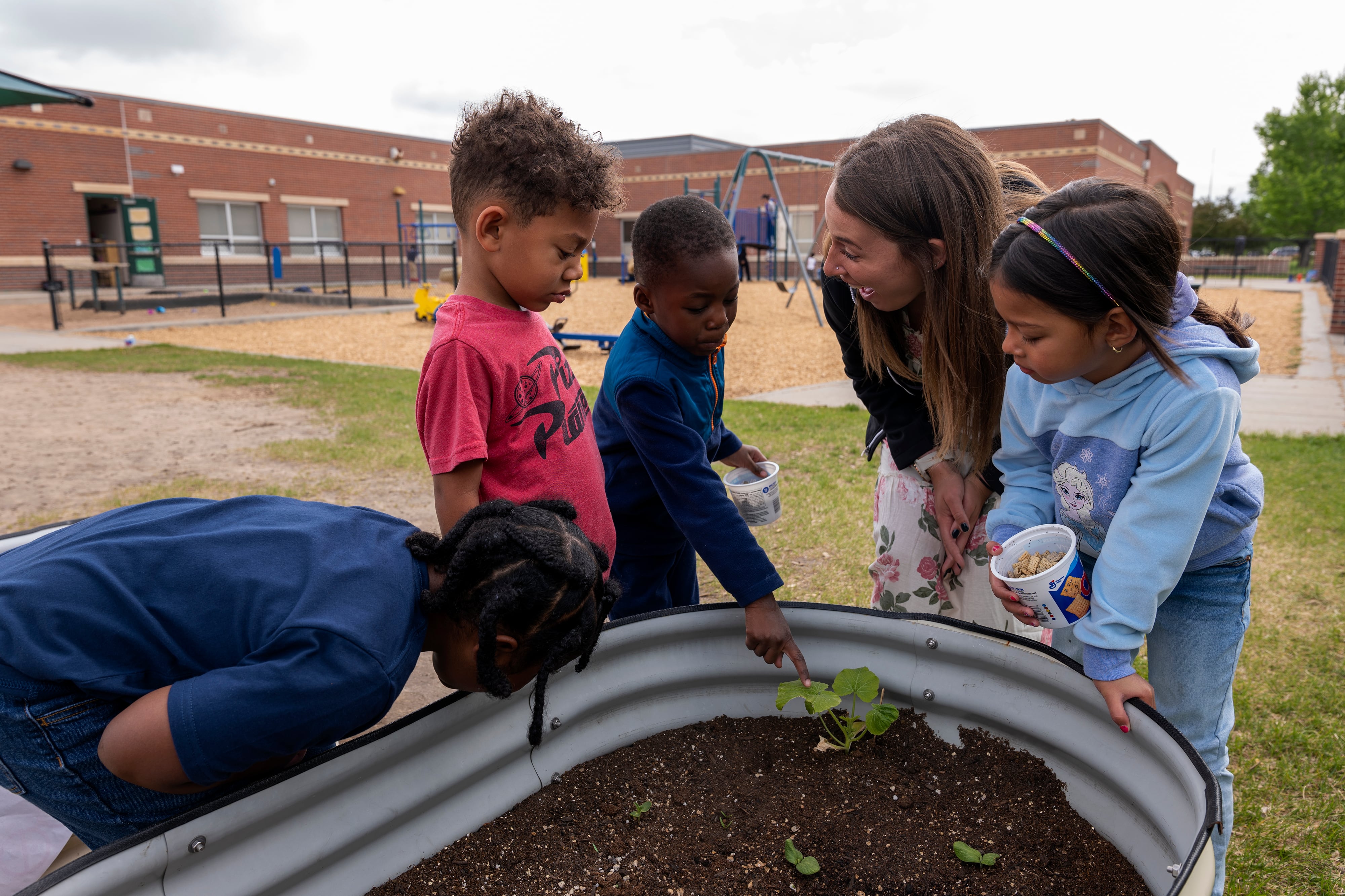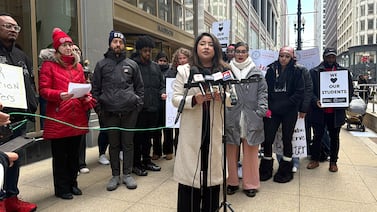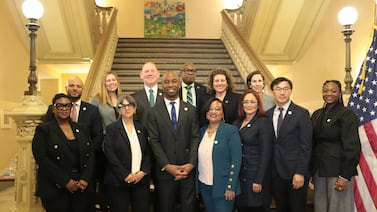Around 17,000 Colorado families have applied for the state’s free preschool program in the week since the application opened on Jan. 17, a state official announced at a Wednesday meeting.
The early burst of interest in the new preschool program could mean enrollment will exceed the 30,000 children state officials estimated would participate during the first year. The initial application window runs through Feb. 14, though families can still apply after that.
The universal preschool program, one of Gov. Jared Polis’ signature priorities, launches next fall. It will offer 10 to 15 hours a week of tuition-free preschool to 4-year-olds statewide, with some eligible for 30 hours a week. In addition, some 3-year-olds will be eligible for 10 hours a week.
At Wednesday’s online meeting of more than 100 early childhood leaders and advocates,, Michael Cooke, the state’s early childhood transition director, said 2,100 of about 16,800 applications submitted so far are for 3-year-olds.
She described the application’s opening day as a doozy, but said, aside from a brief slowdown early on, “the system managed it beautifully.”
While many families have submitted applications, many have lingering questions about what preschools their children will be matched with. State officials have said children will be prioritized at preschools where they’re already enrolled, where a sibling is enrolled, or where a parent works. But families won’t find out their preschool matches till at least mid-March.
On social media and elsewhere, parents have raised small and large concerns since the application opened. Some have wondered how to ensure their preschoolers continue in dual-language classrooms or get assigned to specific teachers who stay with students for multiple years.
Some parents are upset that they can’t enroll “redshirted” children — those who they plan to hold out of kindergarten next fall — for the state’s free preschool program. (The program is primarily for children the year before they are eligible for kindergarten.)
Cooke said on Wednesday that 1,600 preschool providers across Colorado have opted to participate — with at least one in all 64 counties. That’s a jump from the 1,027 providers that were signed up shortly before the application launched.
Providers will get around $6,000 per child for providing 15 hours a week of class time for the school year. They include schools, churches, child care centers, and state-licensed homes.
Do you have a question about Colorado’s universal preschool program? Let us know at co.tips@chalkbeat.org and we’ll do our best to find an answer.
Ann Schimke is a senior reporter at Chalkbeat, covering early childhood issues and early literacy. Contact Ann at aschimke@chalkbeat.org.






